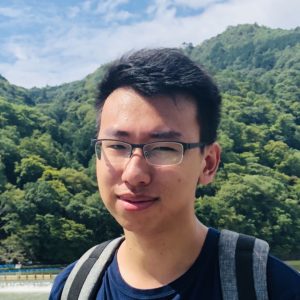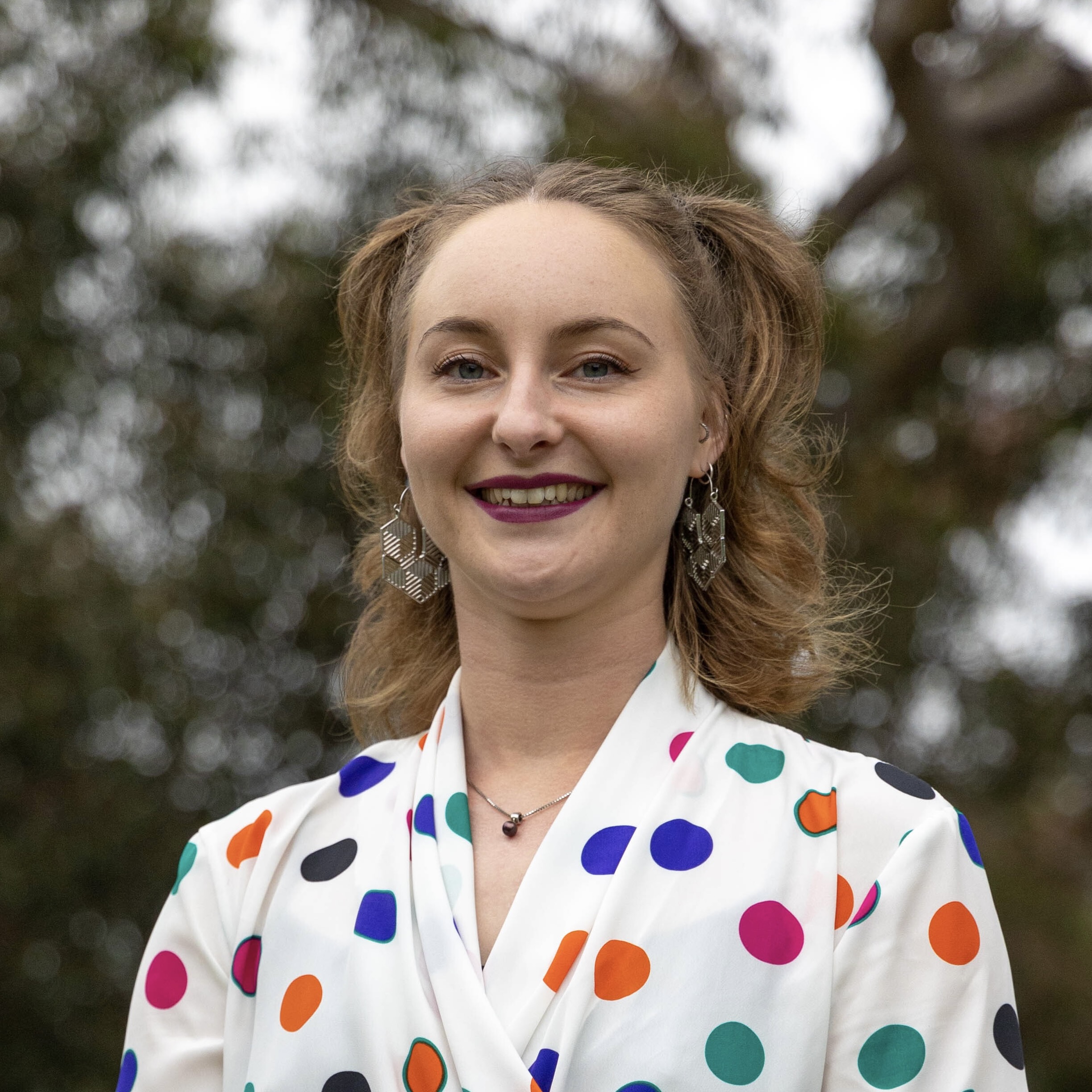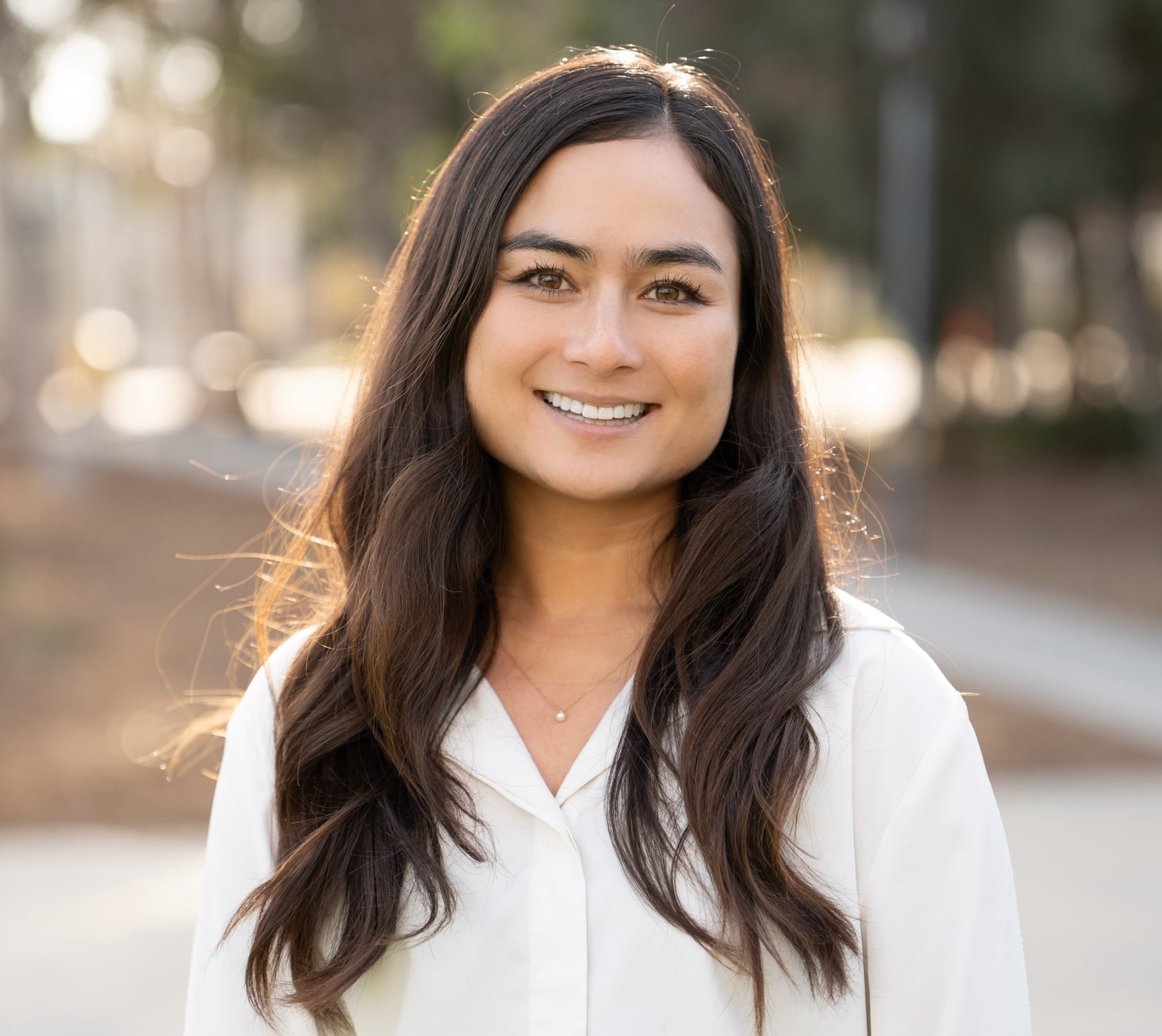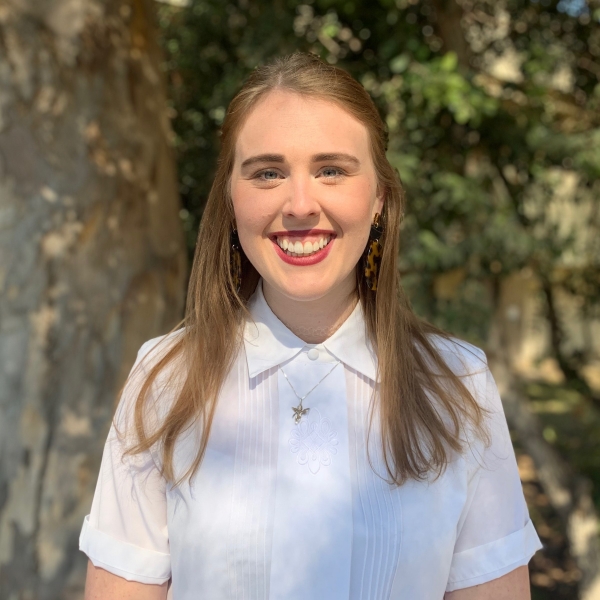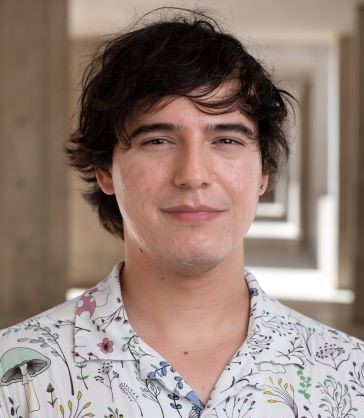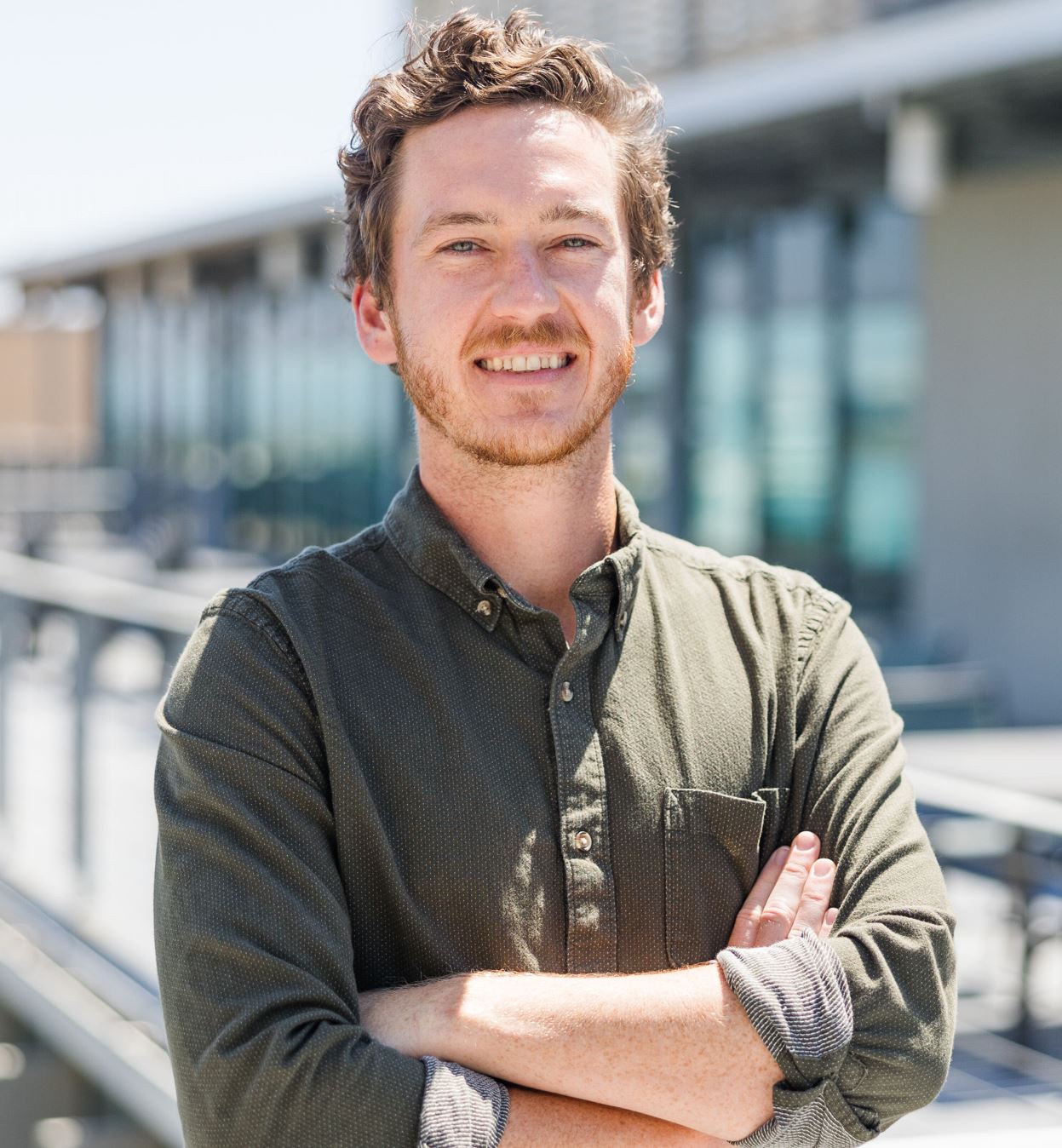Principal Investigator
Bradley Voytek
(scholar | github | linkedin | cv)
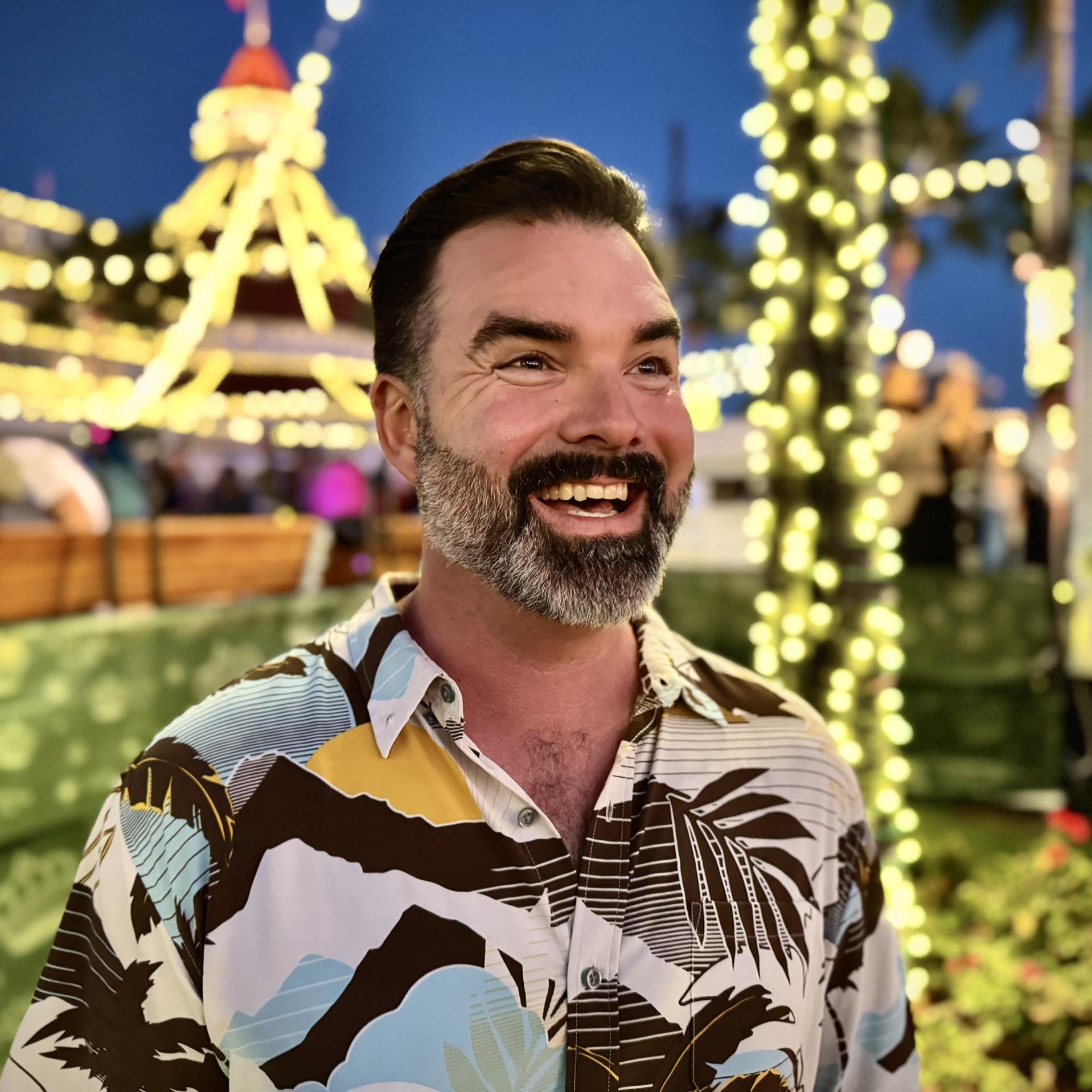
Lab Members
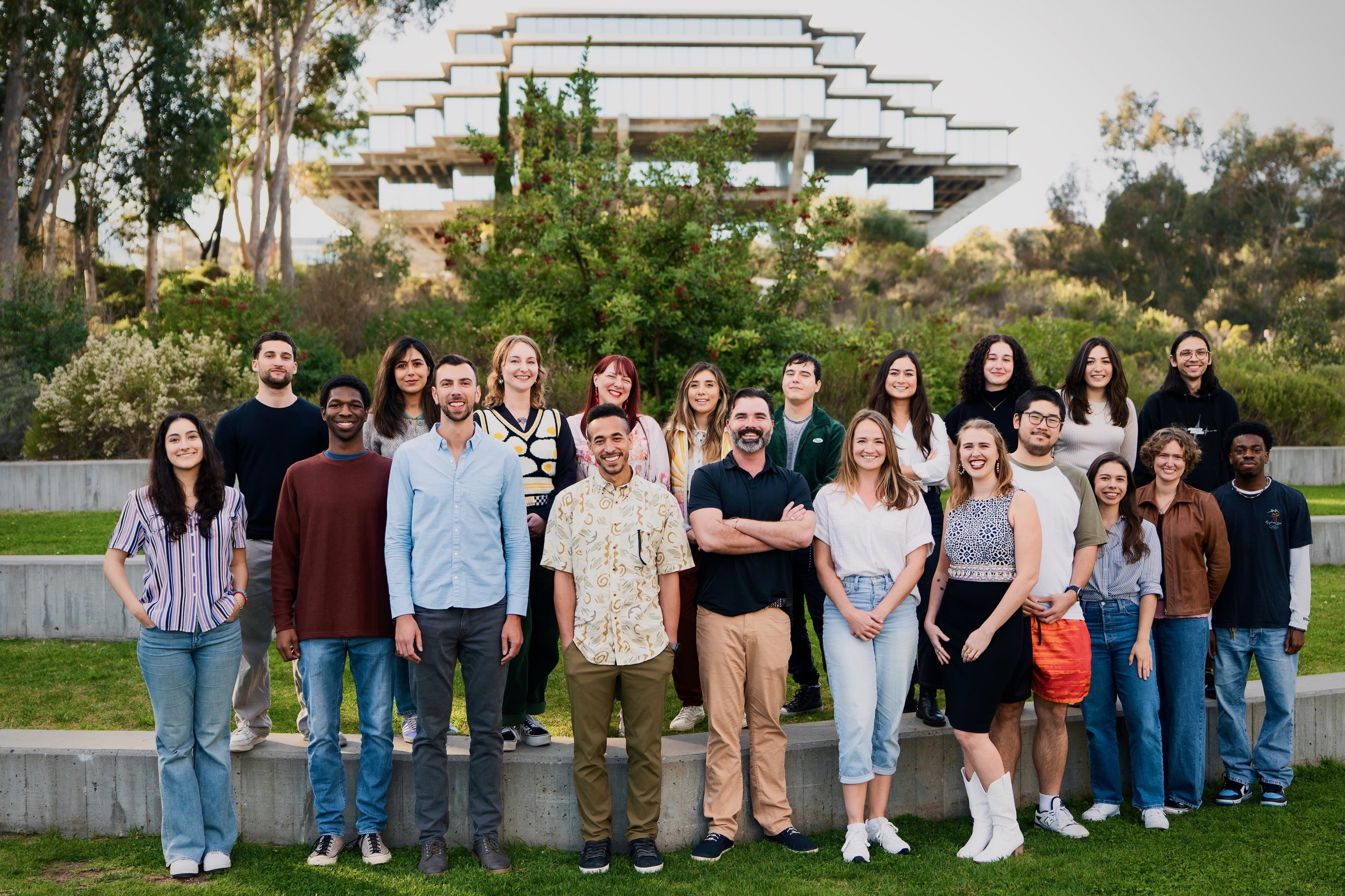
I’m a Professor and Chair of the Department of Cognitive Science, and Professor in the Halıcıoğlu Data Science Institute and the Neurosciences Graduate Program, at UC San Diego. I'm interested in what "codes" the 86 billion or so neurons in our brains can possibly use to "talk" to one another. This is pretty hard because brains are very noisy and messy and are embedded in very noisy, messy biological bodies. My research group combines many different approaches – including neural simulation, invasive human brain recordings, autonomic nervous system analyses, large-scale data science, and machine learning – to understand human cognition, and how cognition changes with development, aging, and in disease. In 2010, I got my PhD in neuroscience from UC Berkeley and then worked as a postdoctoral fellow at UC San Francisco. In between, I was the first Data Scientist at Uber where I helped build their data science strategy and team. Since joining UC San Diego in 2010, I've helped develop the undergraduate Data Science degree program and the Halıcıoğlu Data Science Institute. I’m an open science and honest science advocate. I’m also kind of known as the “zombie brain” guy, along with friend and fellow neuroscientist Timothy Verstynen. We even published a book on this: Do Zombies Dream of Undead Sheep?.
A brain trying to understand itself is the funniest idea about neuro/cognitive science. After studying the brain during my Bachelors Psychobiology and Masters Brain and Cognitive Sciences (both at the University of Amsterdam), I totally got hooked on the most interesting organ we possess that controls all our automatic responses, as well as our thoughts. Although I will miss my home town, I am excited to continue my passion for research here in the lab. During my latest research project (here at the lab), I investigated both oscillatory theta and alpha activity, and the aperiodic spectrum changes during a working memory task. Broadly speaking, my main research interest is how the brain processes information. More specifically, I don't know yet, because everything is super interesting.
To truly understand the brain and cognition, we must remember that the brain is intricately connected to the rest of the body. I am fascinated by these peripheral and central nervous system interactions that exist between neural activity and other physiological signals (such as breathing, and cardiac rhythms), as well as how they relate to cognitive function. How can we better measure and parameterize these rhythms? How might these parameters relate to one another? Can we discover any causal drivers of these signals? How does manipulation of these signals influence behavior? I am using electrophysiological measures to analyze these rhythms in humans to answer some of these questions.
I am a PhD student in the Neurosciences Graduate Program. I am interested in neural mechanisms of information processing and how these processes are reflected in the electrical signals we record from the brain. My previous research experiences have focussed on the role of neural oscillations in brain circuit function, promoting open-science through The OpenBehavior Project, and modelling decision-making.
PhD Student
Blanca Martin-Burgos
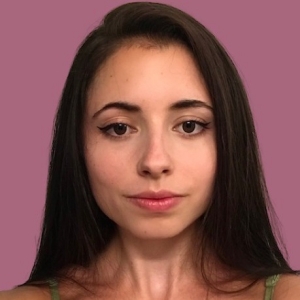
I am a Neurosciences PhD student co-mentored by both Dr. Brad Voytek and Dr. Alysson Muotri. I am working on recording activity in cortical organoids and am interested in how these signals change with development, aging, and disease. A broad range of computational techniques excite me, including time series analysis, graph theory and machine learning. Some of these techniques could be tailored to leverage the unique advantages of organoids. To this end, I am working on developing analysis tools to study network dynamics in organoids. In my previous research, I studied circadian rhythms with Dr. Mary Harrington at Smith College. More specifically, we developed an in vivo non-invasive technique to record circadian gene expression in freely moving mice and computational methods for time series analysis of the data obtained with our new technique. Thinking about rhythms and fluctuations at the circadian level got me excited about neural dynamics (periodic and aperiodic!) and Voytek Lab’s unique approach to exploring them.
PhD Student
Trevor McPherson

Sensory processing in the brain can be framed as a hierarchical process, where information is integrated across scales to support increasingly abstract representations of the external world. Hierarchy can be spatial (multiple brain regions interacting), temporal (computation unfolds across multiple timescales), or reflect the structure neural code itself (co-activation of spiking activity, relationships between periodic or aperiodic dynamcis). I am interested in understanding how the brain might leverage hierarchy to efficiently represent sensory information and support behavior. As a Neurosciences PhD student co-mentored by both Dr. Brad Voytek and Dr. Tim Gentner, I use the European starling as an animal model to study the auditory sensory hierarchy. These songbirds naturally produce and rely on the perception of complex vocal sequences, making them ideal for the study of how acoustic information is neurally represented and distributed throughout the brain. Through a combination of behavioral, acute, and chronic experiments, I am examining how extracellularly recorded neuronal population dynamics across multiple regions and timescales capture the statistics of natural birdsong sequences. Quantifying various notions of hierarchy requires a diverse computational toolkit, and I am interested in analytical approaches drawn from Fourier analysis, information theory, dynamical systems, algebraic topology, and machine learning. Previously I studied the effect of brain stimulation on neural activity in the context of cognition and disease with Dr. Flavio Fröhlich at the University of North Carolina at Chapel Hill. My time in the Frohlich lab stressed the importance of integrating analyses across scales and peaked my interest in rhythmic neuronal processing. I’m excited to continue exploring periodic and aperiodic neuronal dynamics and their implications for hierarchical sensory processing with the Voytek Lab!
I am currently a Data Science PhD student (previously a software developer) in the lab. My work has focused on developing software related to models and analyses of neural time series and power spectra. Recent projects include quantifying neural timescales and the development of a package for managing analysis workflows related to neural signal processing and modeling. I plan to integrate predictive machine learning models/algorithms with neural data.
I am a current 3rd year Cognitive Science PhD student. My primary interest in the Voytek lab is to understand how the timescales of neurons (for example, as measured via the knee of the aperiodic signal) relate to the timescales of higher-order cognition, such as that involved in abstract representations, stimulus processing, or tasks that involve many rules. My previous work entailed using EEG, fMRI and TMS to probe the causal role of oscillations in cognitive control with Dr. Justin Riddle when we were both members of Mark D'Esposito's lab at UC Berkeley. From there I expanded upon this work with Prof. Kai Hwang at UIowa, where we studied attention and task hierarchies using EEG, as well as characterizing the aperiodic signal as it changes in development. At UCSD I have also worked with Prof. Anastasia Kiyonaga on questions related to working memory and distraction.
As a neuroscience PhD student, I study how physiological signals relate to brain function across individuals. My work combines MEG spectral analysis with hormone measurements to investigate how endogenous hormonal states influence aperiodic and oscillatory neural activity. I also develop computational tools for high-resolution ECG morphology mapping to characterize heart–brain interactions and their relevance for aging and autonomic physiology. My broader goal is to clarify how biological and physiological factors shape neural dynamics across the lifespan.
I am a first year Cognitive Science PhD student. Previously, I worked with Dr. Stephanie Jones at Brown University investigating the role of alpha rhythms in modulating visual evoked responses through computational modeling in The Human Neocortical Neurosolver (HNN). I also used HNN to model the effects of TMS on the somatosensory cortex and tactile perception. I am excited to begin my work in the Voytek Lab, continuing to explore how neural oscillations influence various behaviors.
I am a Data Science PhD student co-mentored by Dr. Bradley Voytek and Dr. Albert Hsiao. My research focuses on vision-language models (VLMs), with an emphasis on evaluating their performance, explaining their reasoning, and improving their efficiency. In particular, I study how smaller, domain-specific models compare to larger, general-purpose ones. My current projects include developing novel VLM architectures for neuroscience discovery and adapting existing VLMs to improve medical imaging pipelines, especially in chest X-ray analysis.
My postdoctoral research aims to identify new electrophysiological and genetic markers for abnormal cortical function and disease severity in a genetic model of neurodevelopmental disorders that can be recapitulated in patient-derived tissue cultures. My long-term research interests are primarily driven by two outstanding questions: 1) What is the functional organization of neuronal communication processes? and 2) How are the underlying neural circuits disrupted in neurodevelopmental disorders? Developing a better understanding of the convergent mechanisms governing abnormal cortical function in vivo and in vitro will provide great value to clinicians and translational researchers wanting to treat cognitive and behavioral impairments found in these patient populations.
Affiliated Members & Visiting Students
Ali Rigby
Neuroscience PhD student, UC San Diego
Jernigan and Dale Labs

Undergraduate Researchers
Aarya Patel
Neurobiology
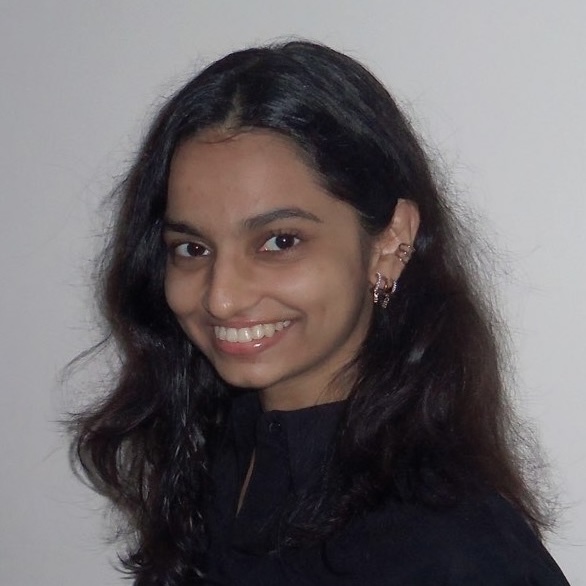
Borngreat Omoma-Edosa
Data Science
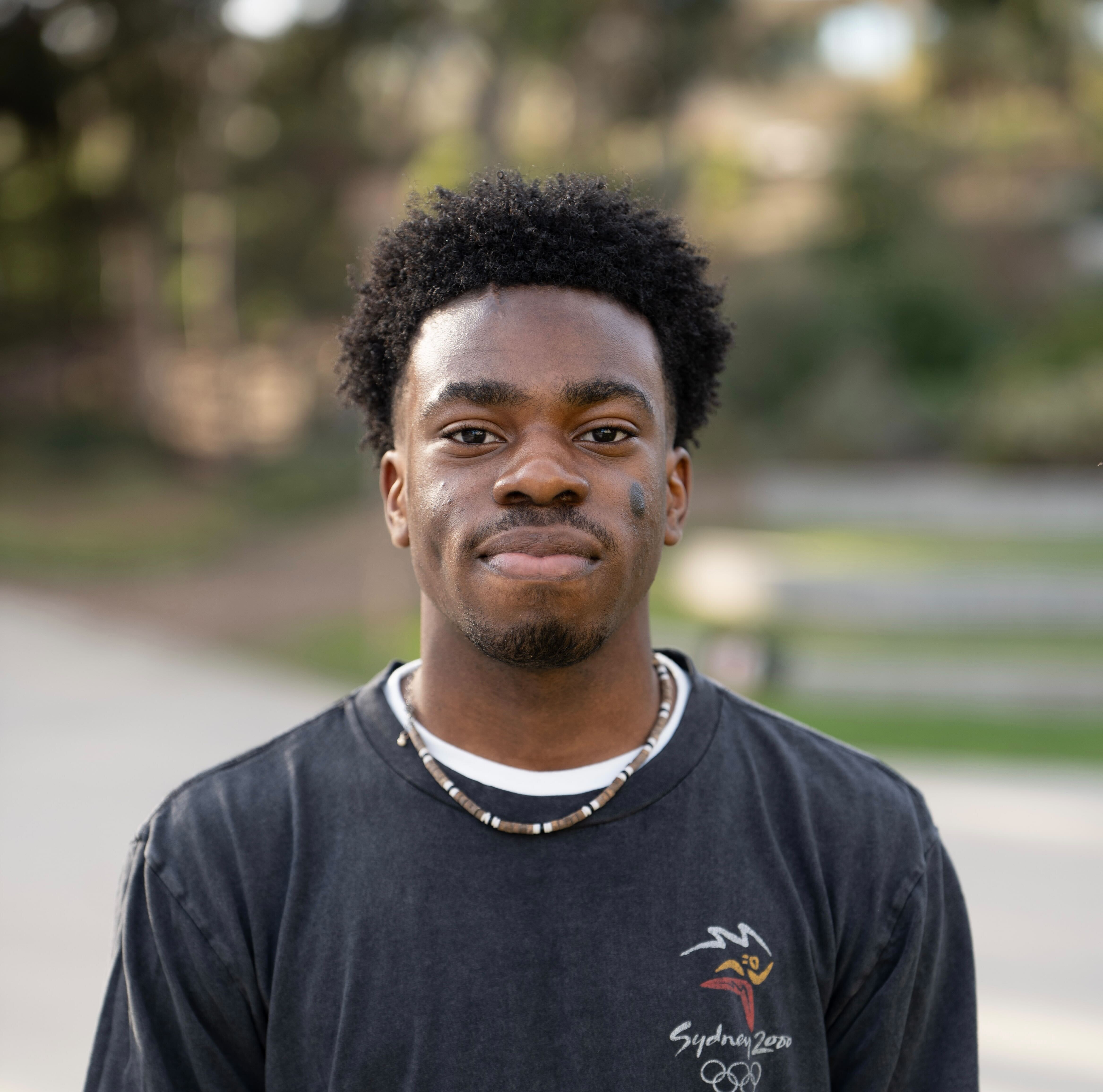
David Brin
Computer Engineering
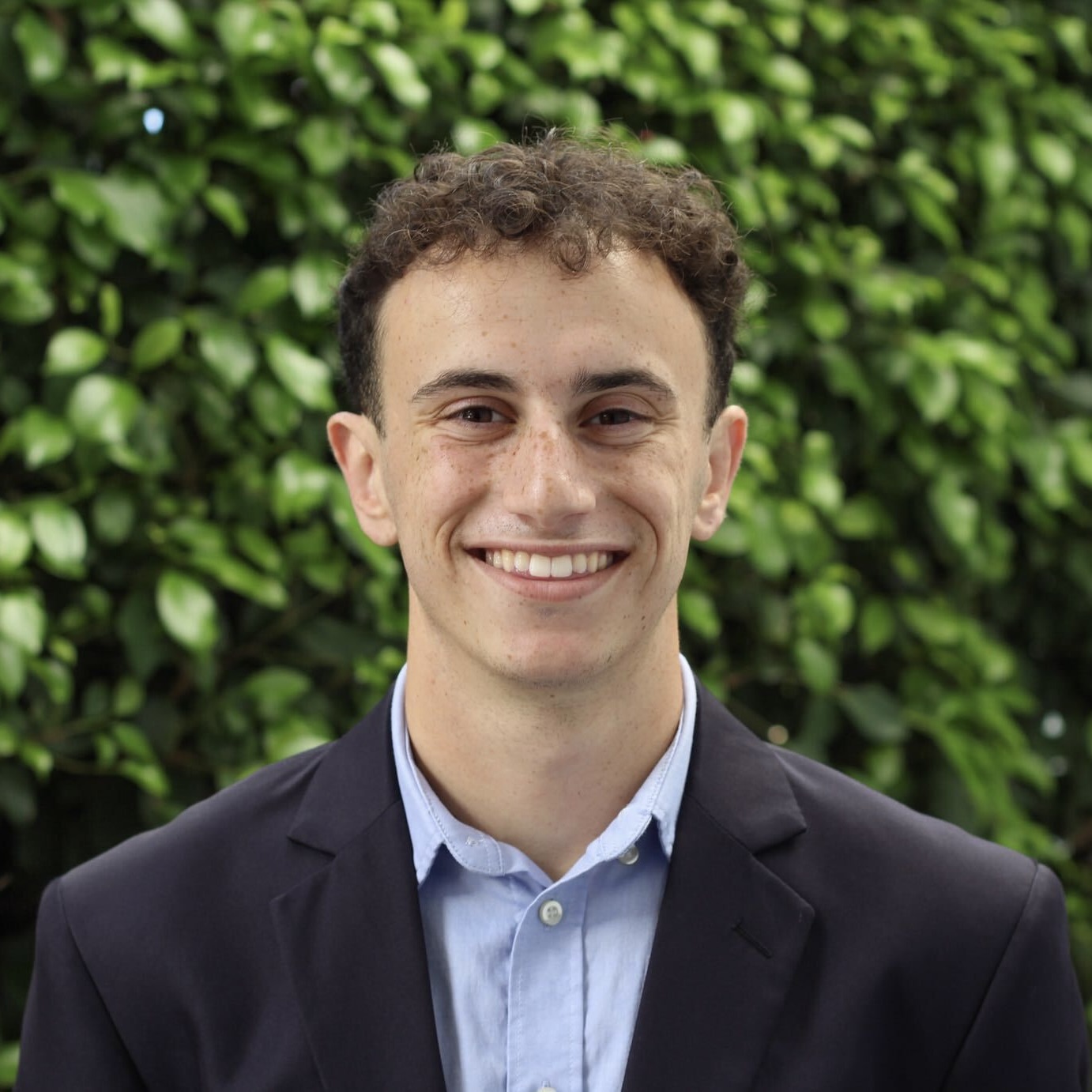
Indrani Vairagare
Cognitive Science - Machine Learning
Computational Neuroscience
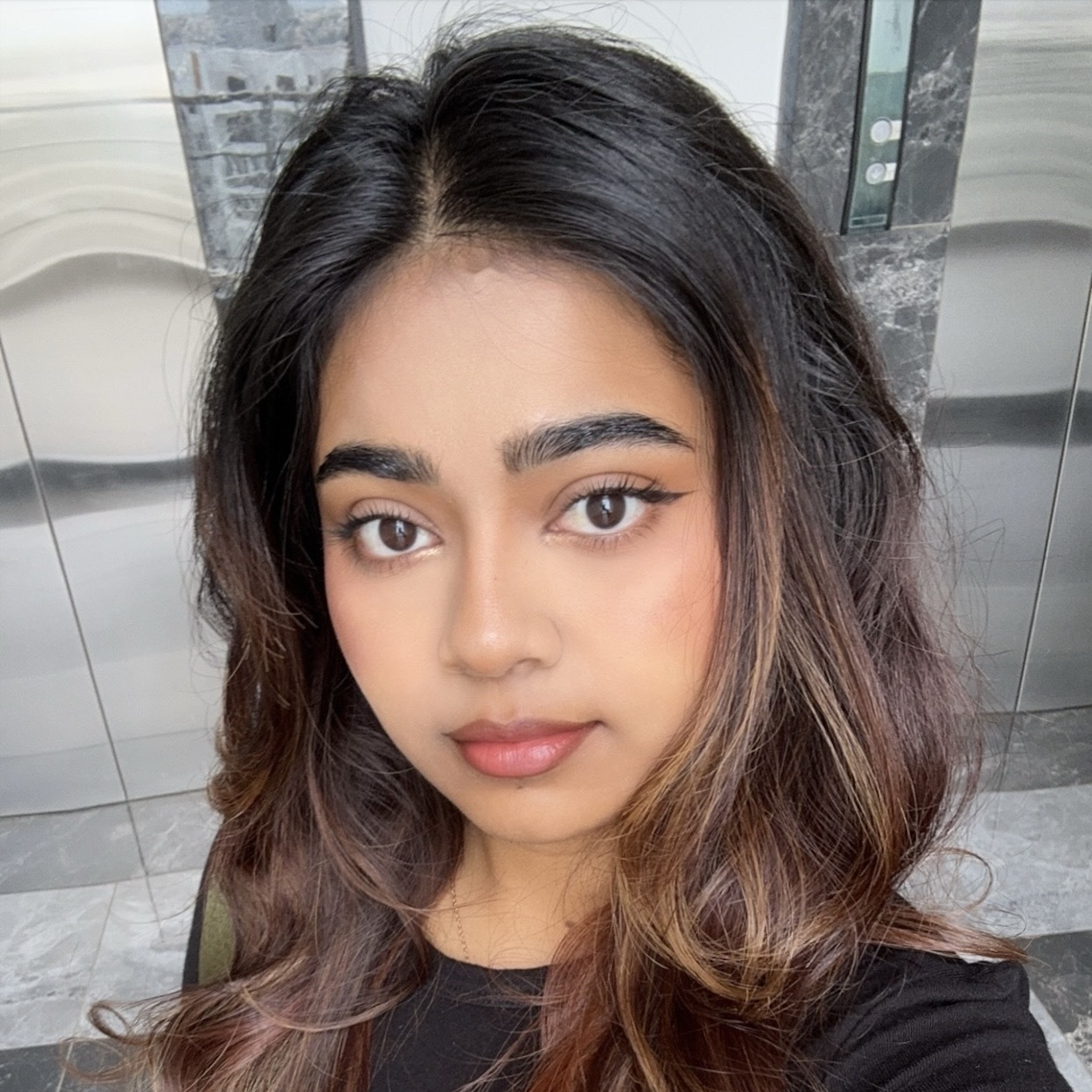
Ethan Erickson
Cognitive Science - Machine Learning
Computational Neuroscience
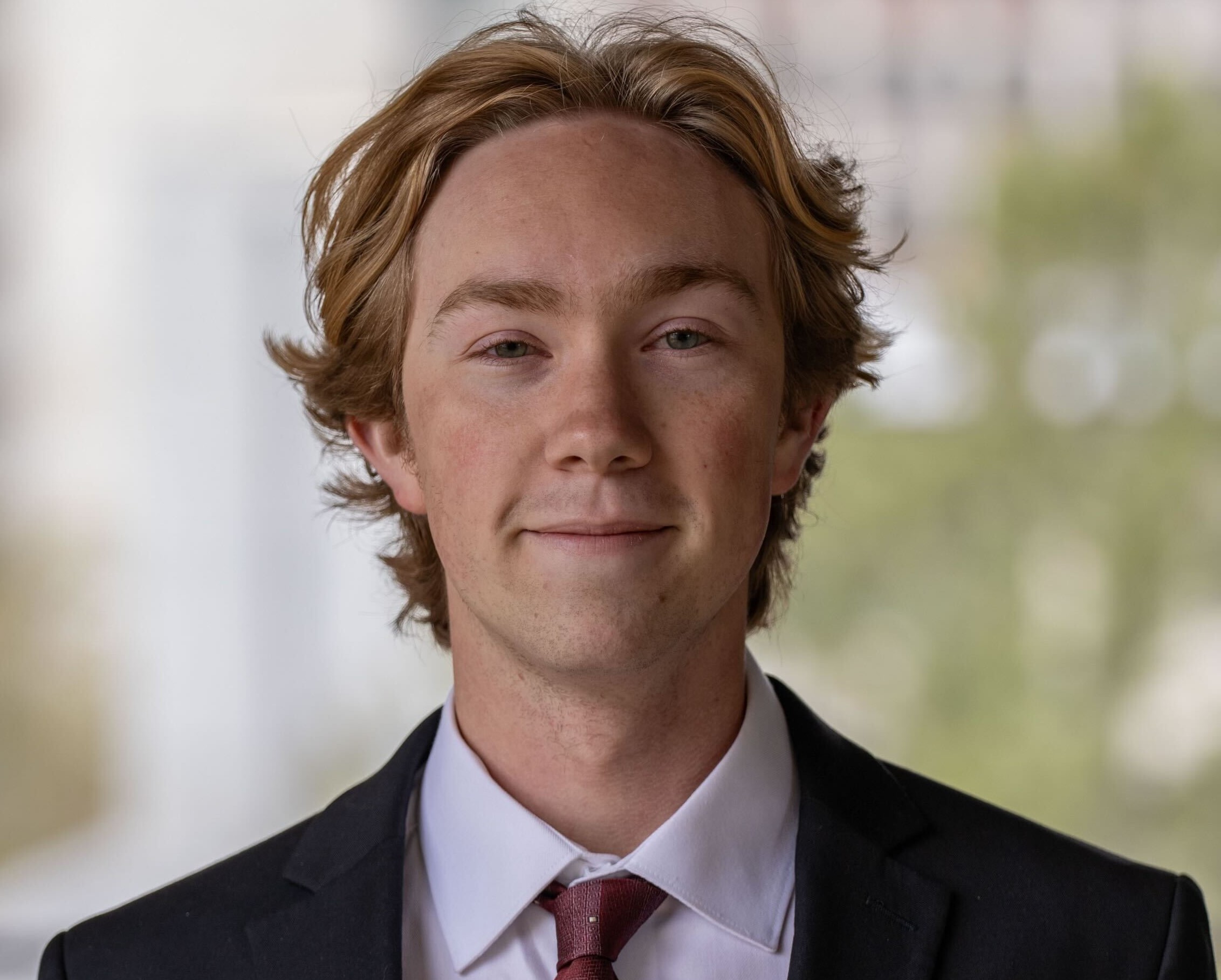
Lab Alumni
Rifqi Affan
Summer Research Student (SDSU)
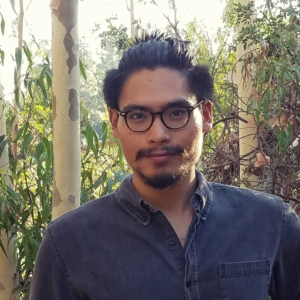
Andrew Bender
PhD Student

Simin Berend
Visiting Master’s Student
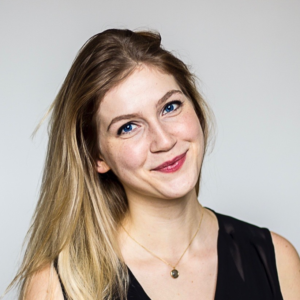
Daril Brown
PhD Student
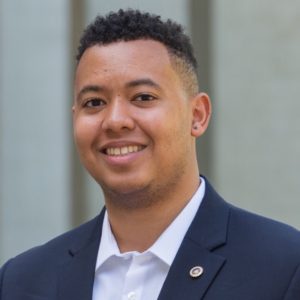
Meyhaa Buvanesh
Undergrad Research Assistant
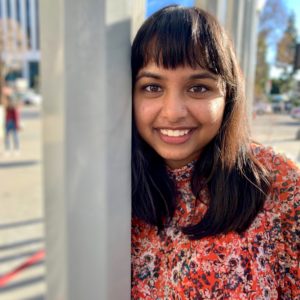
Valentina Carreno
Undergrad Research Assistant

Caleb Montes Castañon
Summer Undergrad Research Assistant (ENLACE)
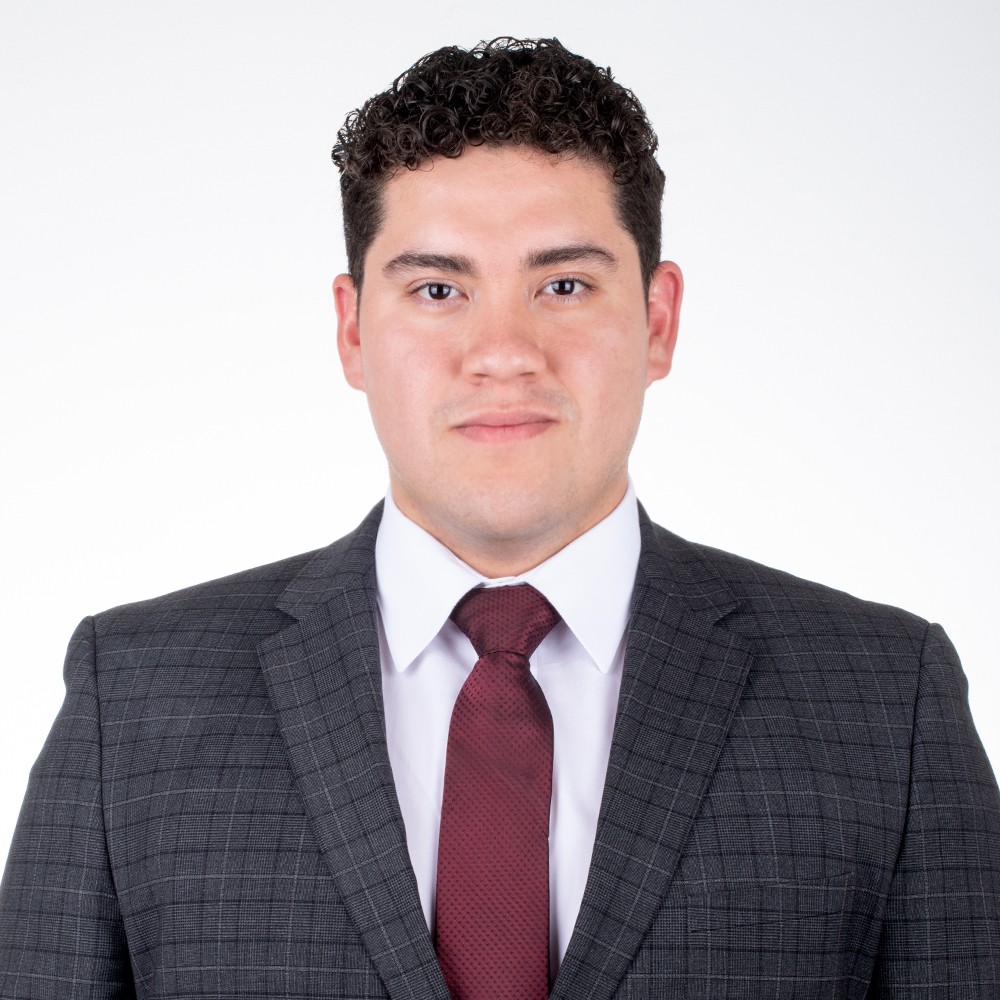
Jairo Chavez
Undergrad Research Assistant
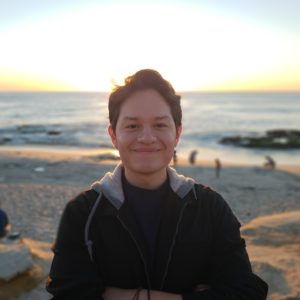
Geeling Chau
Undergrad Research Assistant
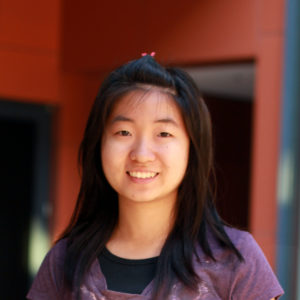
Angela Chapman
Undergrad Research Assistant

Dylan Christiano
Undergrad Research Assistant

Erin Cole
Undergrad Research Assistant

Scott Cole (twitter | web)
PhD Student
Currently: Data Scientist, Square

Enrique Cruz
Summer Undergrad Research Assistant (ENLACE)
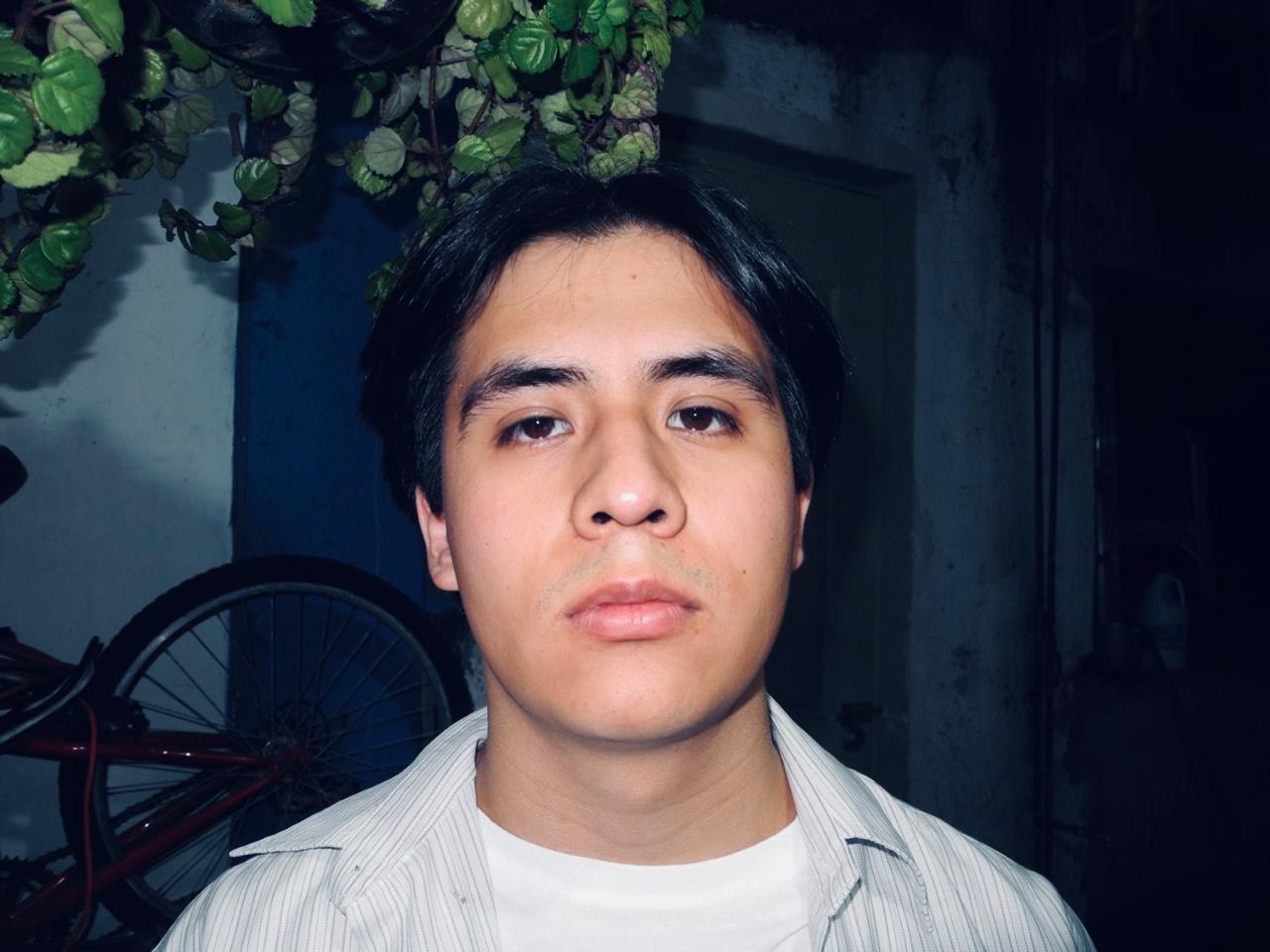
Julio Dominguez
Undergrad Research Assistant
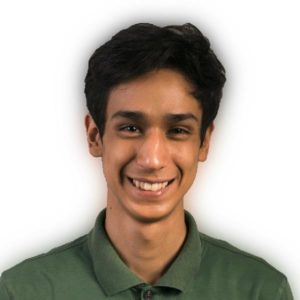
Thomas Donoghue (web | twitter)
PhD Student
Currently: Lecturer (tenure-track), The University of Manchester
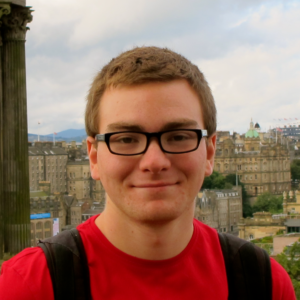
Tyler Farnan
Masters Student, UC San Diego
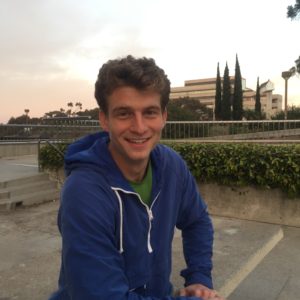
Simon Fei
Undergrad Research Assistant
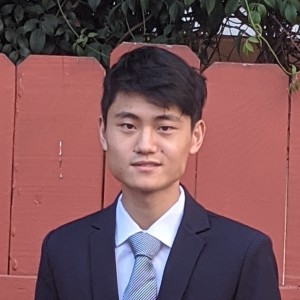
Shuangquan Feng
Undergrad Research Assistant

Sawyer Figueroa
Undergrad Research Assistant
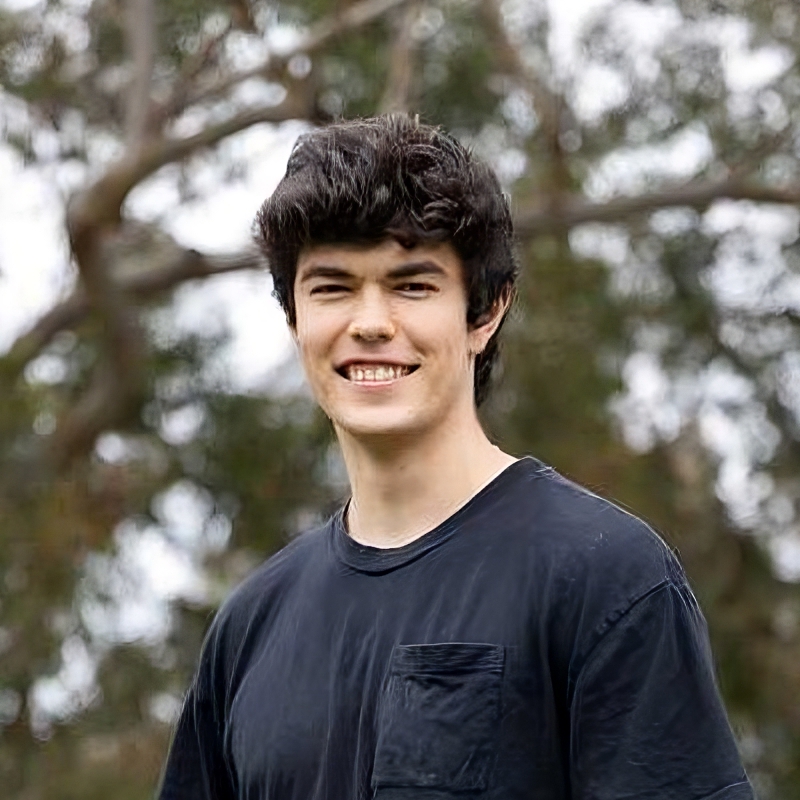
Leo Fleury
Undergrad Research Assistant

Will Fox
Undergrad Research Assistant
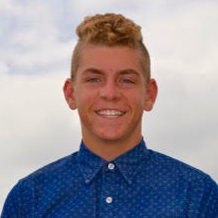
Gaby Freedland
Undergrad Research Assistant
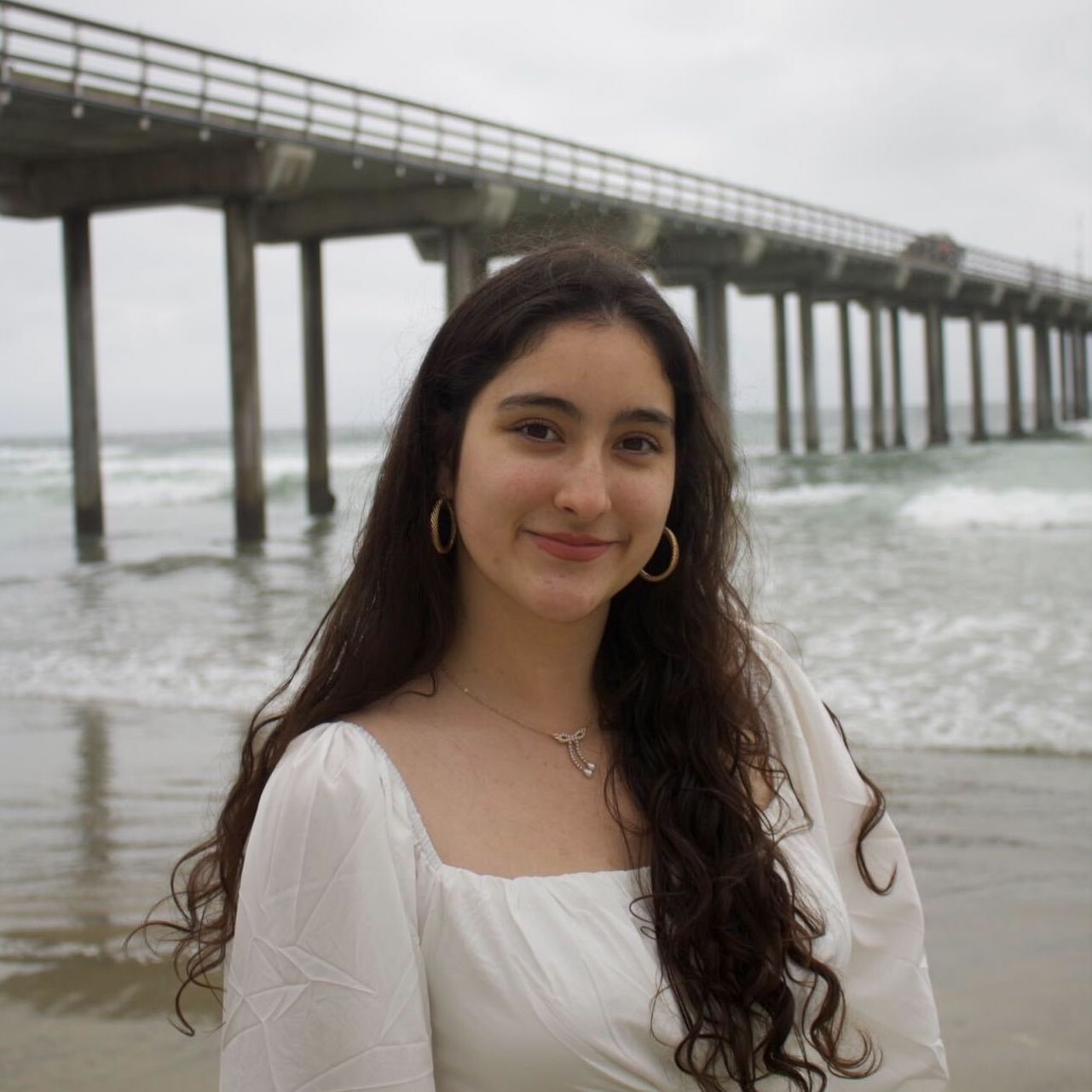
Paolo Gabriel
Gilja Lab, UC San Diego

Alexandra Garcia
Undergrad Research Assistant
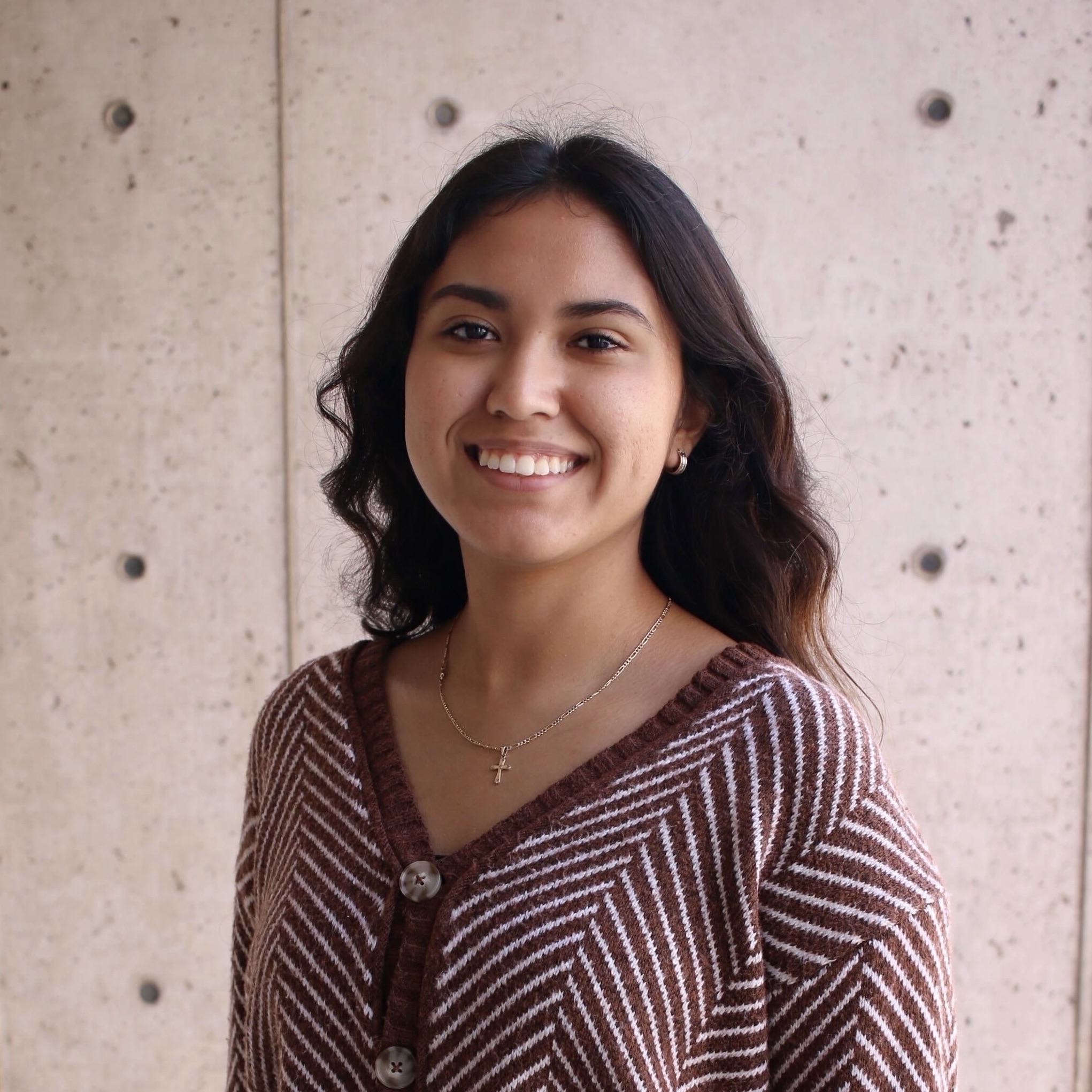
Richard Gao (web | twitter)
PhD Student
Currently: Post-Doc, University of Tübingen
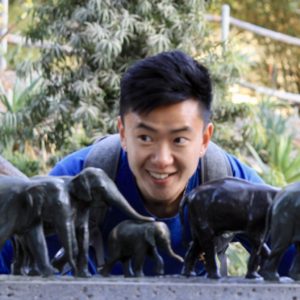
Najja Gandy
Undergrad Research Assistant
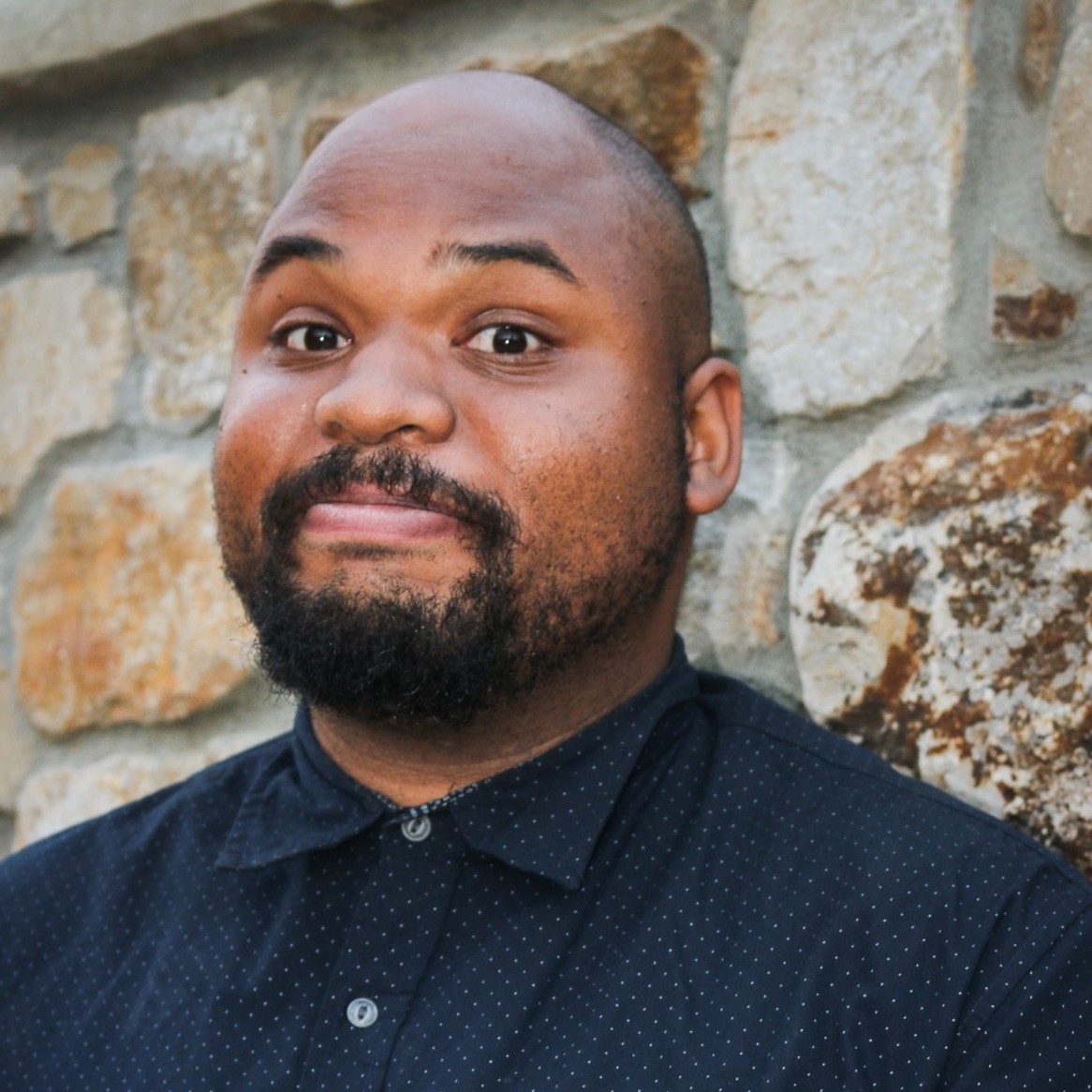
Celene Gonzales
Visiting Master’s Student

Robert Gougelet
PhD Student

Kenton Guarian
Undergrad Research Assistant
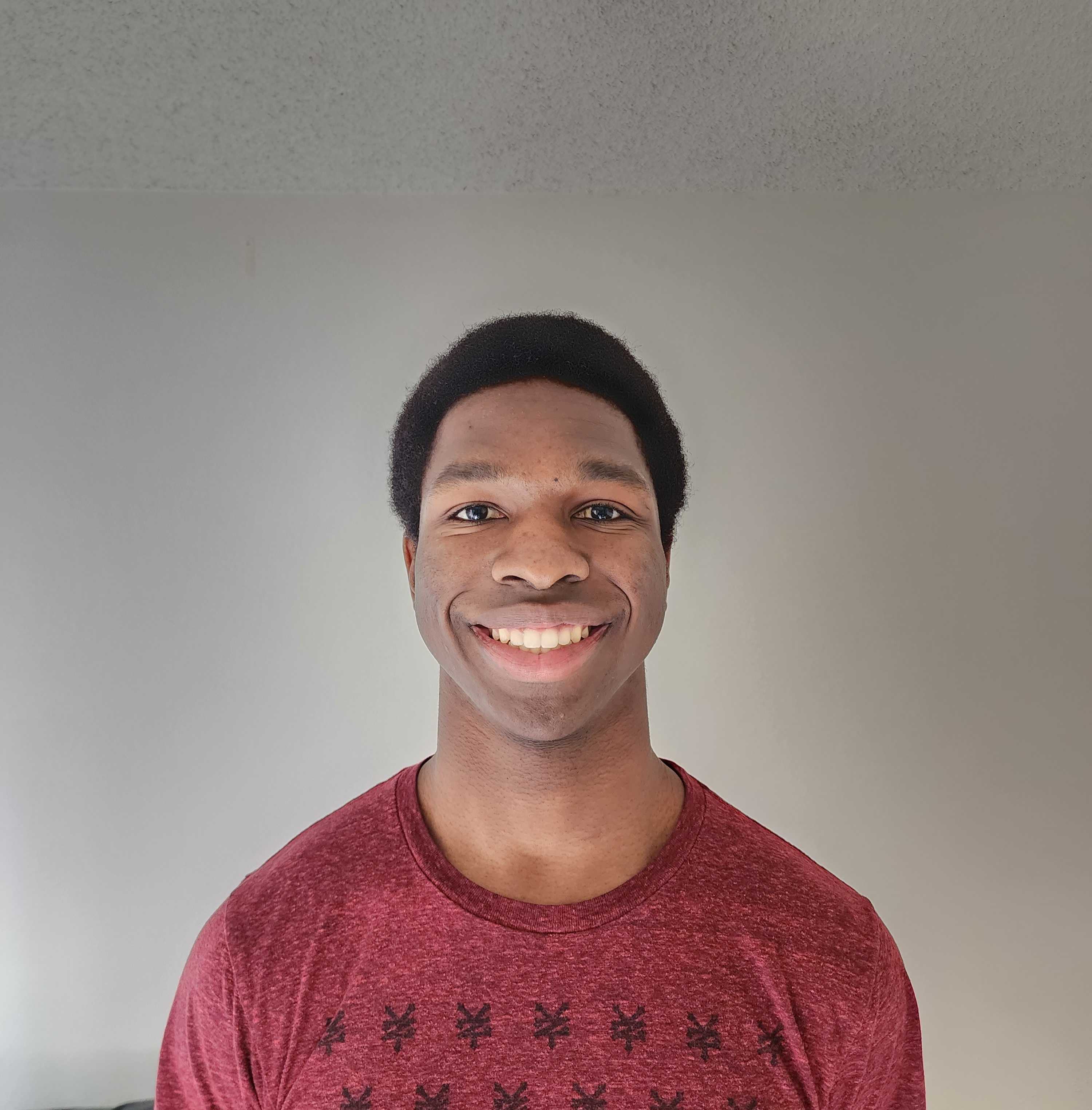
Jenny Hamer
Undergrad Research Assistant

Simon Haxby
Undergrad Research Assistant

Adrianna Hohil
Undergrad Research Assistant
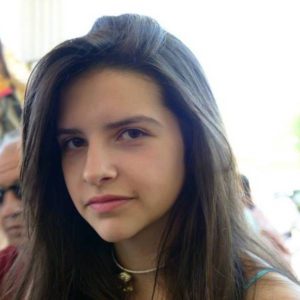
Austin Hutton
Undergrad Research Assistant
Liz Izhikevich
Undergrad Research Assistant
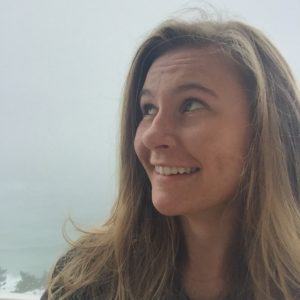
Leena Kang
Undergrad Research Assistant
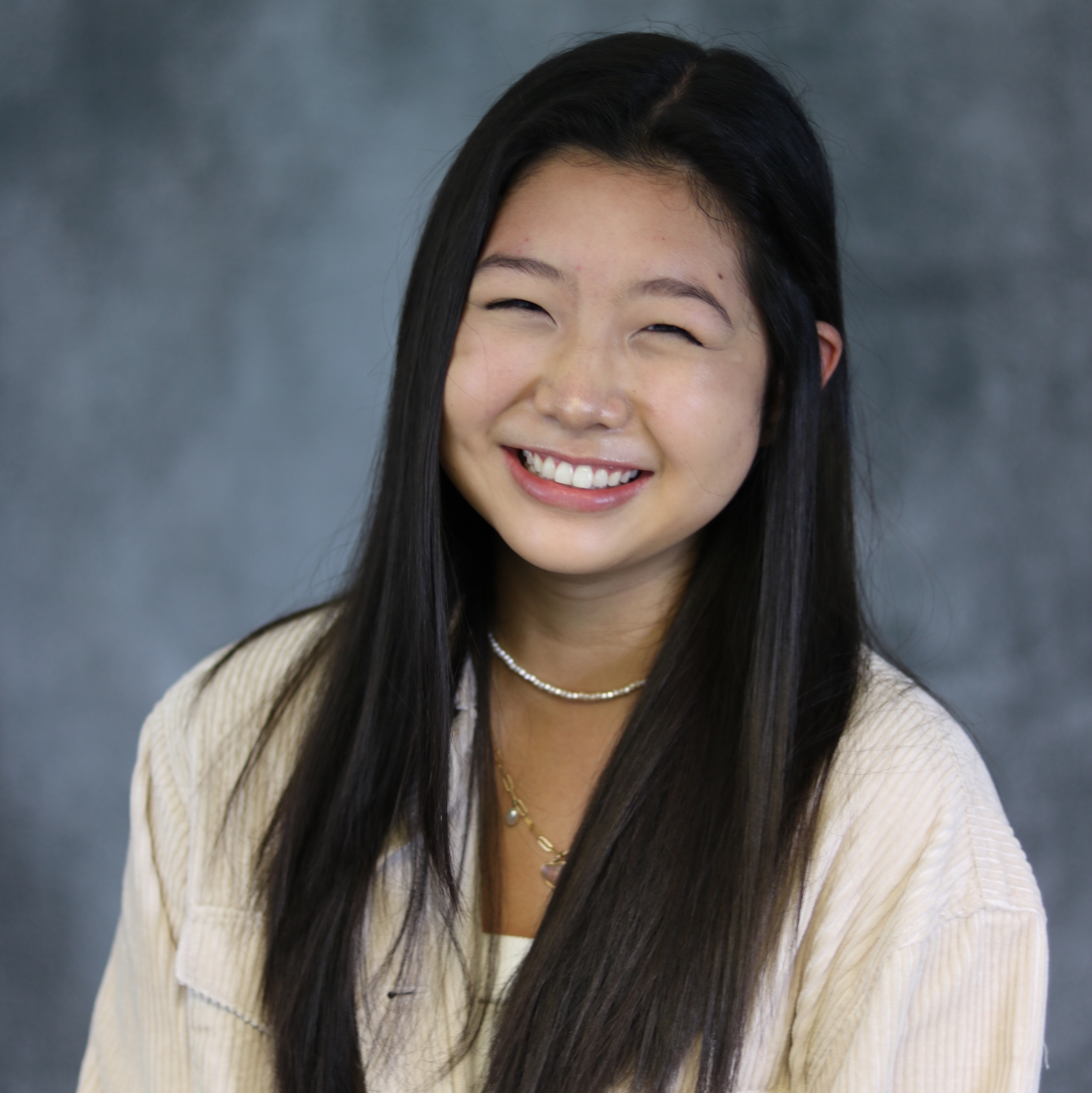
Aeri Kim
Undergrad Research Assistant

Elizabeth Lee
Undergrad Research Assistant

Lauren Liao
Undergrad Research Assistant

Sitan (Stan) Liu
Undergrad Research Assistant
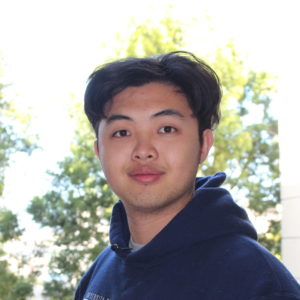
Cassidy Lu
Undergrad Research Assistant

Stephanie Martin
Post-Doctoral Researcher
Currently: Founder & CEO, Lumina Wave
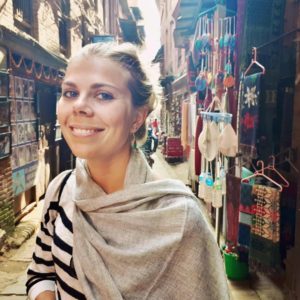
Luyanda Mdanda
Undergrad Research Assistant
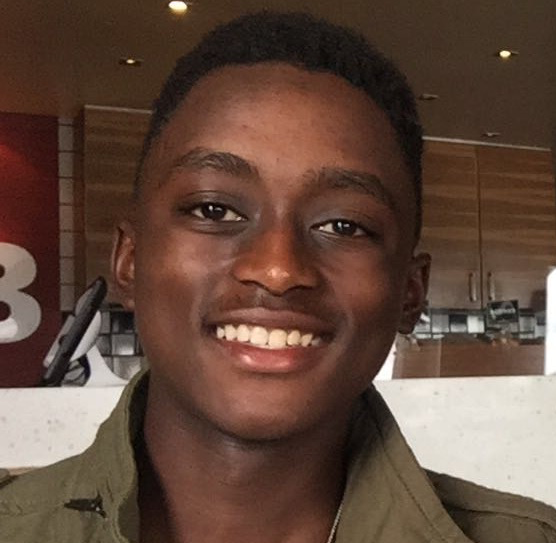
Lakshmi Menon
Undergrad Research Assistant
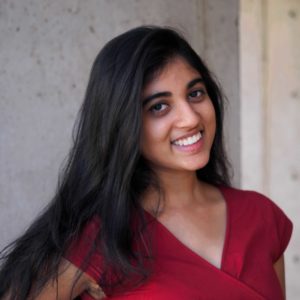
Setareh Metanat
Undergrad Research Assistant
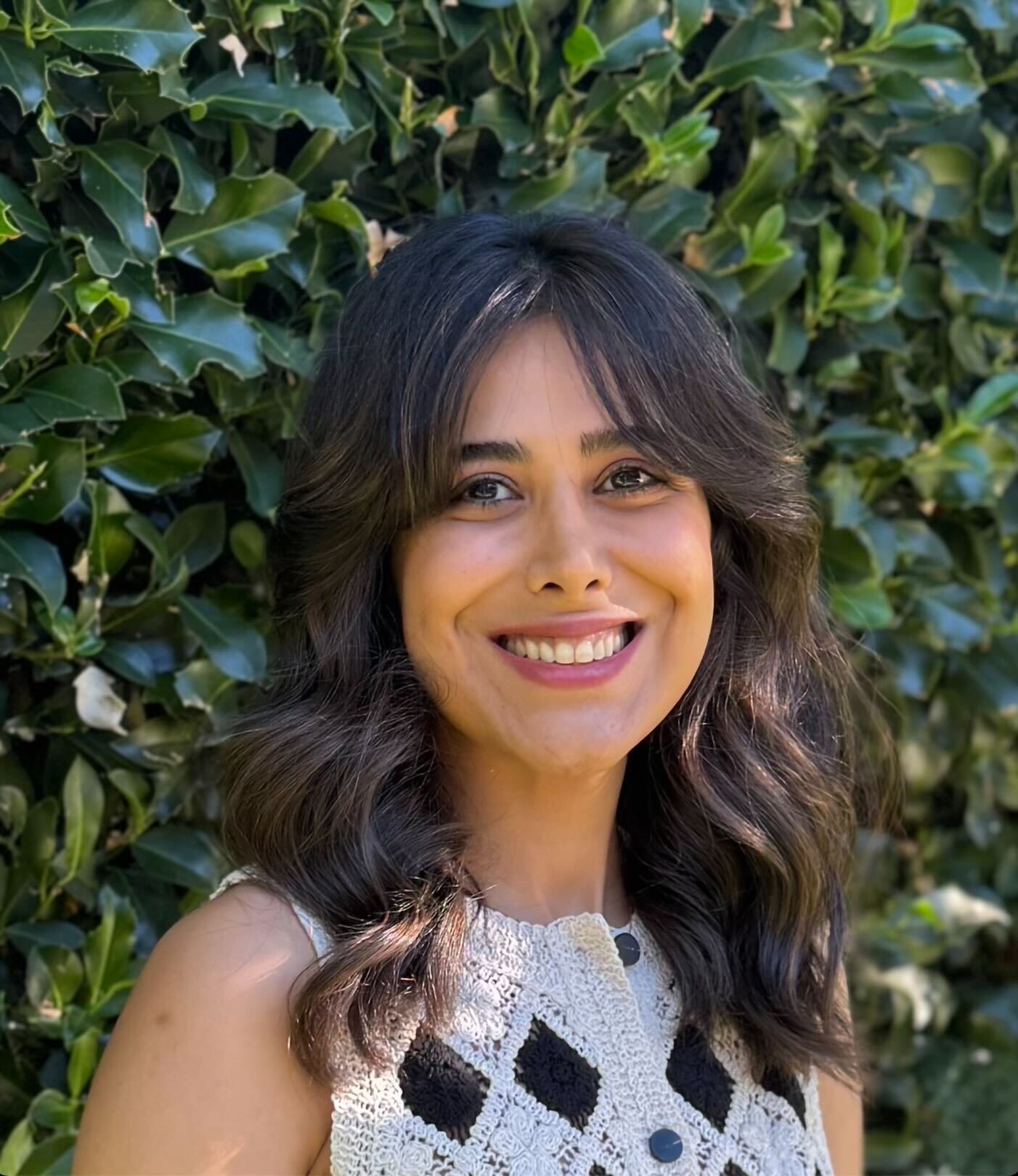
Torben Noto
Lab Manager
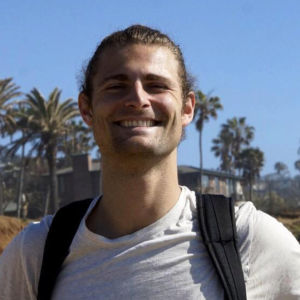
Chase Oden
Undergrad Research Assistant

Sunny Pasumarthi
Undergrad Research Assistant

Erik Peterson (twitter | web)
Post-Doctoral Researcher
Currently: Principal Scientist, phinyx.ai

Brad “PostBrad” Postle
Guy on sabbatical
Currently: Back to normal Professoring
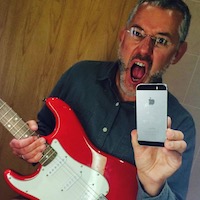
Lulu Ricketts
Undergrad Research Assistant

Pamela (Pam) Riviere
Post-Doctoral Researcher
Currently: Post-Doctoral Researcher, Rutgers University
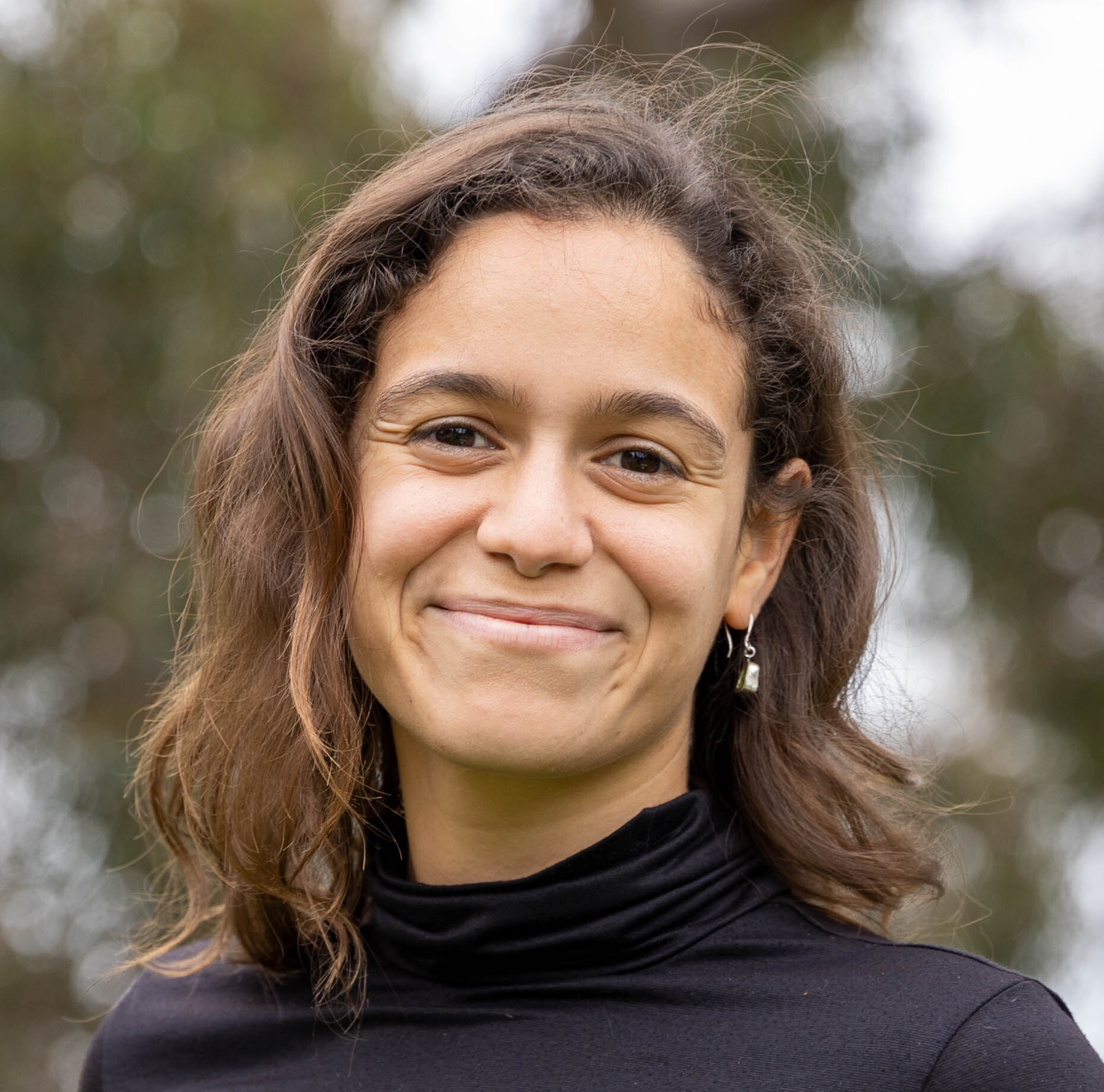
Sarah Rosemay
Undergrad Research Assistant
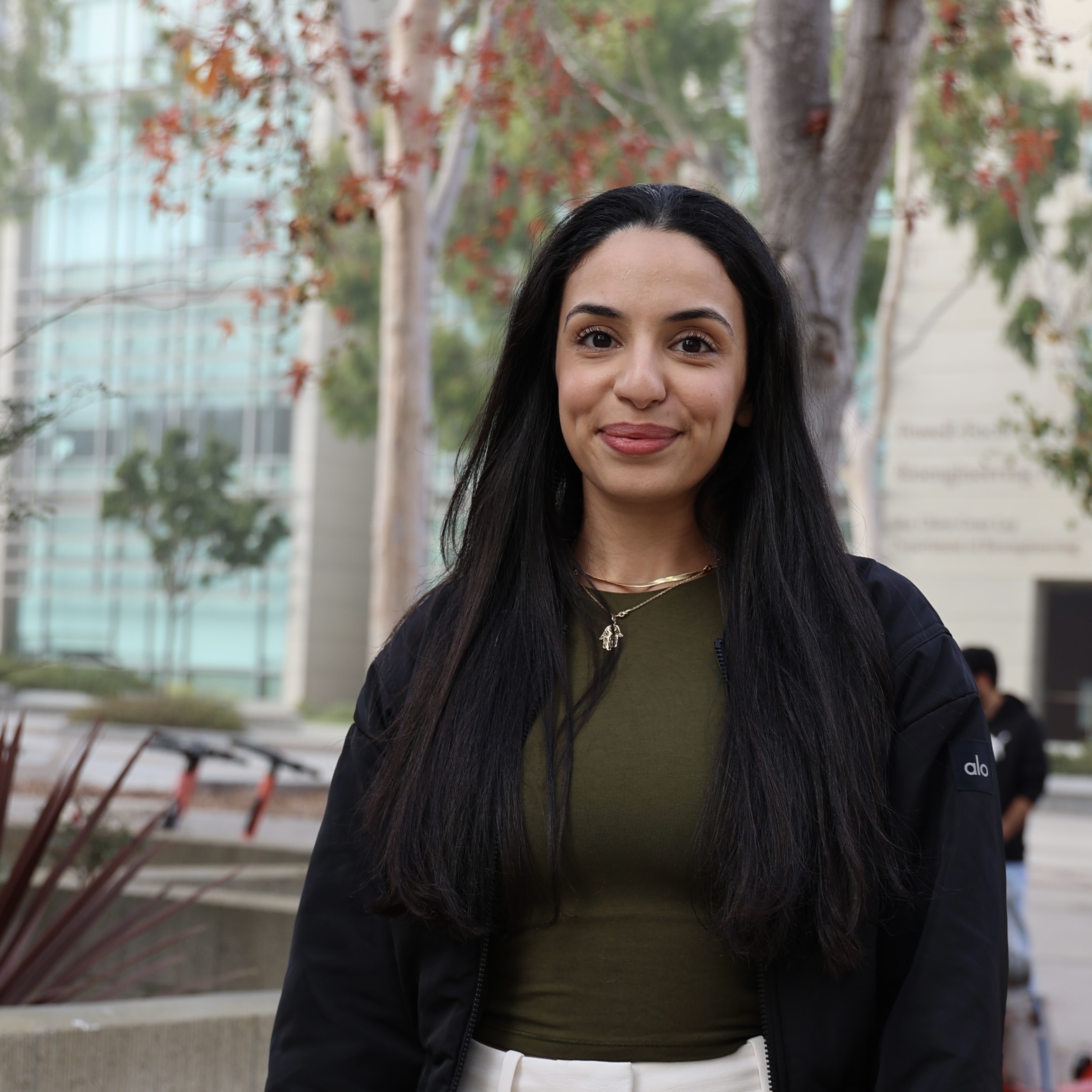
Andrea Ruiz D'Argence
Undergrad Research Assistant

Natalie Schaworonkow (web | twitter)
Post-Doc
Currently: Researcher, Ernst Strüngmann Institute
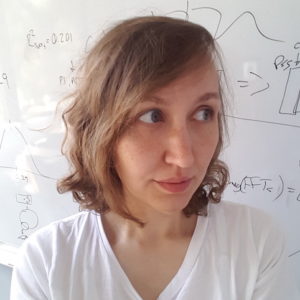
Priya Sebastian
Undergrad Research Assistant

Grant Sheagley
Undergrad Research Assistant

Sydney Smith
PhD Student
Currently: Post-Doc, Yale University
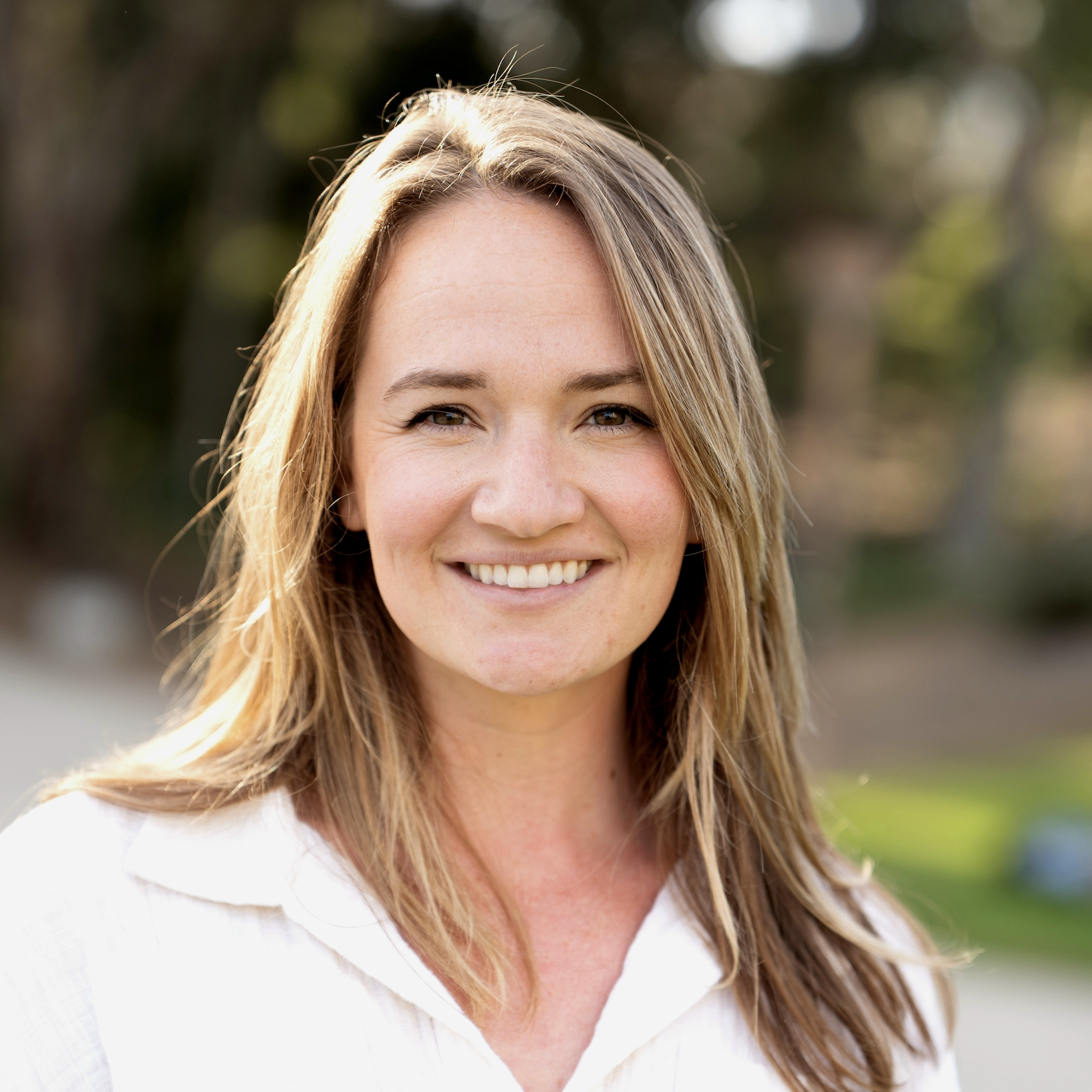
Michael Tran
Undergrad Research Assistant

Tammy Tran
PhD Student

Luiz Trajano
PhD student, Federal University of ABC, Brazil
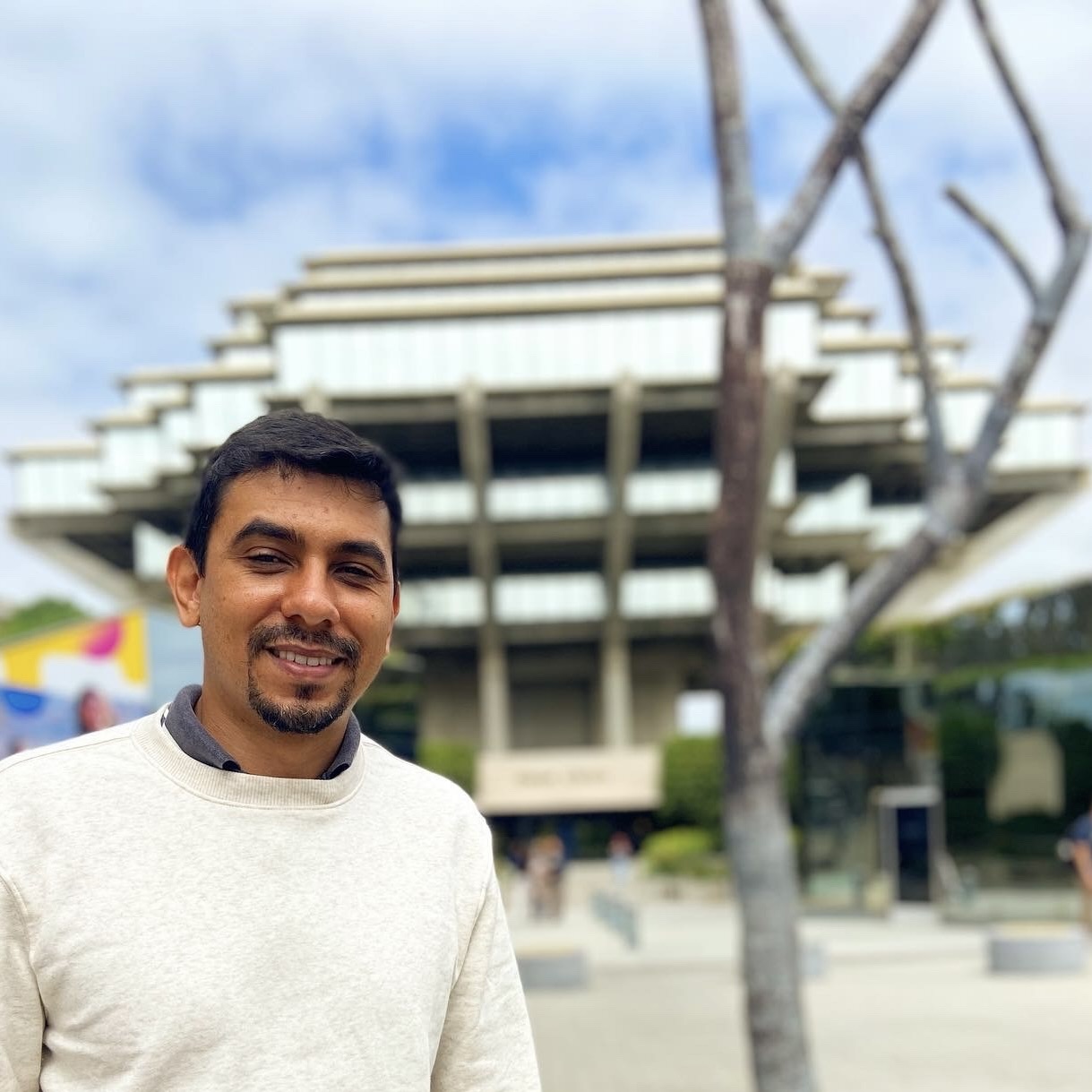
Tanner Turner
Undergrad Research Assistant
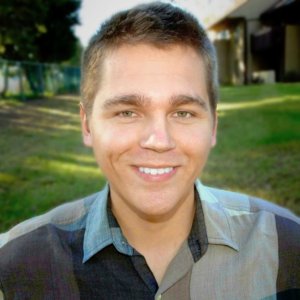
Roemer van der Meij
Post-Doctoral Researcher
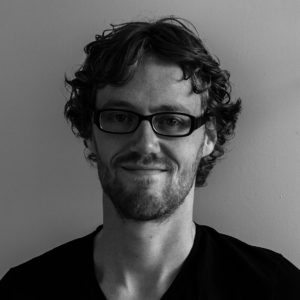
Bingzhe Wang
Post-Doctoral Researcher
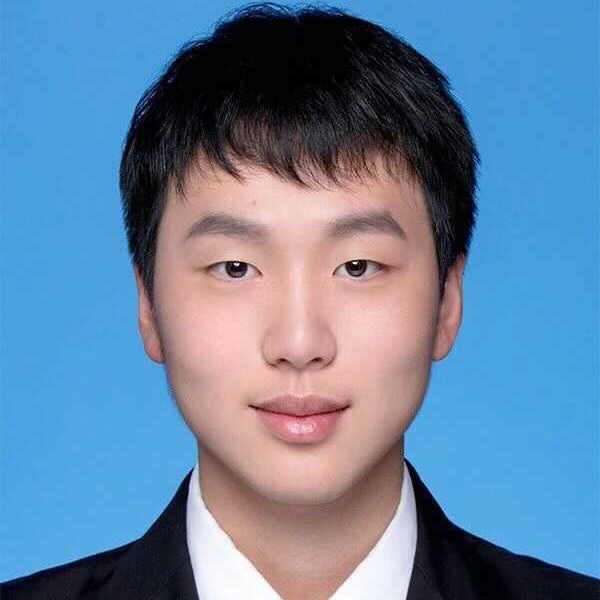
Leonhard Waschke
Visiting PhD Student, Obleser Lab

Andrew Washington
Undergrad Research Assistant

Yimeng Yang
Undergrad Research Assistant
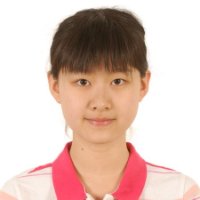
Allen Zhang
Undergrad Research Assistant

Tianyu Zhang
Undergrad Research Assistant
